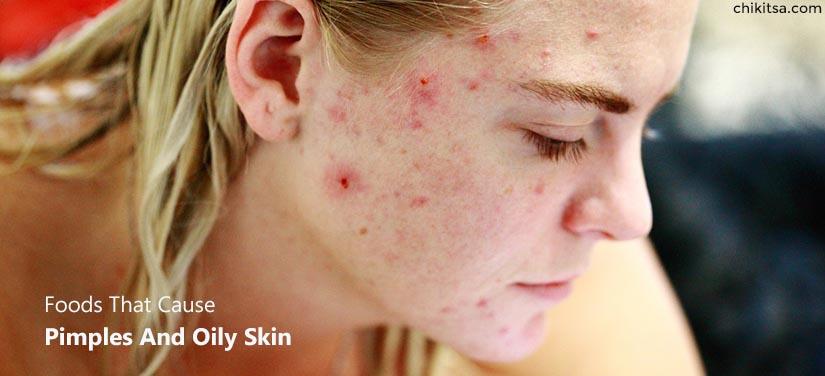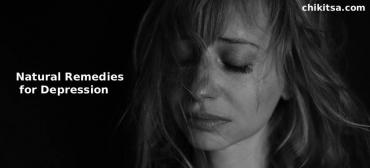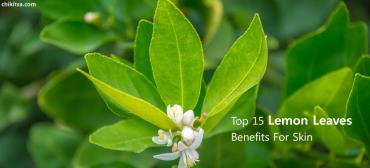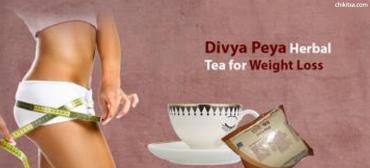Foods That Cause Pimples and Oily Skin

The skin becomes oily due to the fact that the sebaceous glands found in the skin produce extra sebum than it is required for the normal functioning of the skin. To keep the production of sebum constant, you need to check on your diet. More sebum production than the required amount leads to having enlarged skin pores, whiteheads, blackheads, which at times lead to acne.
Checking on your diet and reducing the amount of unhealthy food eaten, is a sure way to ensure that you control the amount of oil produced by the skin. All this put under consideration will see an improvement in the skin. In this article, we will actually focus on foods that cause pimples and oily skin and ways a person can ensure they have healthy skin.
Foods That Cause Pimples
There is no watertight proof to justify that certain kind of food causes pimples to an individual. However, certain food might initiate them to break out, processed and sugary food have a high glycemic load that may restart chain reaction which in turn cause an acne breakout. These foods may include:
- Juices and soft drinks
- Fried chips and cookies
- White bread
- Pasta
What actually happens is that when you eat this food, the insulin levels go high this makes the sebaceous glands to produce additional oil, this eventually causes clogged pores and pimples.
Foods That Cause Oily Skin
- Eating dairy products such as milk, butter, and cheese that are known to have a large number of hormones, for example, testosterone. These are known to lead to a high production of oil and hence the pores being blocked. These products have been highly associated with cropping up of acne and break-outs.
- Chocolate is another food that has led to many of its lovers having worsened skin especially if the quality of the chocolate is not that good.
- Eating refined carbohydrates that have lost their fiber and most of their important nutrients while being processed or refined. This makes them lead to increased production of oil and at times your blood glucose levels. White bread, white rice, white pasta, and cereals which are defined in terms of their ingredients should be avoided.
- Saturated fats and Trans fats are also known as inflammatory fats that contain fatty acids as building blocks. These are termed as saturated, monounsaturated, or polyunsaturated. The fats become extremely dangerous to the body if they are saturated in nature. Cholesterol in a person’s blood is increased which endangers their heart too. Excess oil is also formed by the inflamed skin as a result of consuming saturated fats. To stay safe from saturated fats stay away from red meat (beef, lamb, sausages, and bacon), cheese, butter, pizza, cream, pies, and cakes.
- A large amount of oil consumption may lead to oily skin that are found in deep fried foods like chips and doughnuts.
- More oil is produced by the oil glands when the body is triggered by eating more sugar which spikes the blood sugar levels to produce more insulin too. These are pre-disposing factors for having oily skin and having acne. To avoid all this from happening ensure you stay away from refined sugars, For example, sugar from sugarcane and corn syrup. Consuming large amounts of sugar can lead to inflammation of the skin and body, in turn, increasing the levels of oil produced.
- Consuming excess sodium in the name of salt leads to your body retaining water in the body, inflammation, and having swollen bags. Since salt leads to dehydration, the body will be subjected to the production of excess oil to combat the condition of losing excess water.
Diet plan for oily skin includes fruits, probiotics that can be sourced from Kombucha, Sauerkraut, and pickles. This is a sure way to keep inflammation at bay and promoting the thriving of healthy bacteria in the stomach. Omega-3 fatty acids, antioxidants, zinc-containing foods, coconut oil, protein foods, High-glycemic foods are more of the foods an individual should rely on in their diet in avoiding an oily skin.
- Foods that increase oil production in the skin, alcohol dehydrates the skin, make it sweat more, leads to eating more unhealthy and heavy foods, makes a person forget to wash their face too, and the skin becomes greasy-looking from the excess sebum production as it excretes alcohol toxins from the body.
- High on the glycemic index foods such as white bread, white rice, and other refined carbohydrates, tend to increase the production of oil
- Fruits for oily skin include some fruits, including melons, pineapples, pumpkins, and potatoes. Berries, mangos, frozen bananas, good quality dark chocolate, water with fresh lemon and/or lime
Food To Avoid Pimples on The Face
Research has shown a more reliance on omega-3 fatty acids rich foods which is a good way to combat swelling and the control of pimples on the face.
- The foods that contain omega-3 fatty acids and can help in preventing pimples on the face include fish, such as mackerel, salmon, and sardines, pastured eggs, soybeans and soy products such as tofu, spinach and kale, navy beans, grass-fed beef, nuts, such as walnuts and almonds, flaxseeds, mustard seeds, wild rice.
- Foods rich in antioxidants and dietary fiber may also help to avoid pimples on the face.
Making changes to your diet can be overwhelming at first so it’s best to take gradual steps. Try replacing one food type, then another once you’ve got used to the first swap, and so on. It's those clogged pores that are causing zits, not the oily foods. Of course, most nutritionists will tell you to limit the amount of fatty, fried foods you eat. But while fried chicken, pepperoni pizza, and other greasy foods aren't necessarily healthy fare, they don't cause pimples nor oily skin. It all lies in changing your diet into a healthy one.








